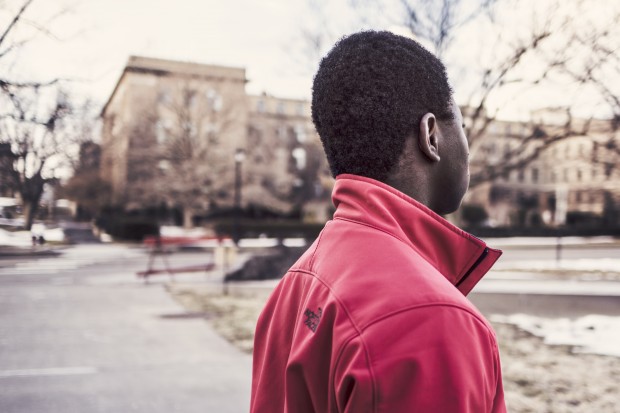Study: Black Students More Likely Seen As Gifted By Black Teachers
 A new study says a teacher’s race influences whether black students are placed in gifted programs, like honors classes. (Pexels)
A new study says a teacher’s race influences whether black students are placed in gifted programs, like honors classes. (Pexels)
BLOOMINGTON, Ind. — Black teachers are three times more likely than white teachers to identify black children as gifted, according to new research.
A study published in the Journal of Public Administration Research and Theory says a teacher’s race influences whether black students are placed in gifted programs, like honors classes.
Researchers say this may stem from cultural perceptions.
“Expressions of learning are different in some ways,” said Jill Nicholson-Crotty, an Indiana University professor and study author. “And if you grew up similarly, you’re going to recognize those.”
According to the study, black teachers’ perceptions of black students are more positive than white teachers perceptions — and these perceptions drive assignment differences.
While gifted education programs may admit students based on IQ tests or other measures of ability, it’s often up to teachers to choose which students get evaluated in the first place.
Nicholson-Crotty said teachers usually determine that based on key questions.
“Are they kids that dig deeply into prolems? Are they problem solving in ways that are far advanced of their age group?,” said Nicholson-Crotty.
She says the data points to one thing.
“Black teachers are better at spotting these skills and these traits in black students,” said Nicholson-Crotty.
‘We Really Need More Diversity In Schools’
Nicholson-Crotty and other researchers analyzed a national sampling of student data. They looked at students referred to various gifted programs by third- and fourth-grades.
The results suggest that black teachers are more likely than white teachers to see black students as gifted — and not that students or their parents are doing anything differently.
For instance, the study found that black students didn’t perform better on standardized tests or other cognitive measures if they have black teachers. Nor that parents of black students were any more likely to engage with black teachers or lobby that their children be in honors classes.
“One of the takewaways from this for us is that we really need more diversity in schools because then you increase the likelihood of a black student having a black teacher in these sort of K, one, two, three grades,” said Nicholson-Crotty. “It might be very important for that to happen.
Real Life Effects
The study could explain an all-too-evident practice in my Rochester, NY high school.
The inner-city public high school‘s student body was pretty diverse. But walk into one of the school’s honors classes, and you wouldn’t necessarily know it.
Currently, about three-quarters of the student body is black Latino and about one-quarter white, according to state data.
But almost the complete inverse was true in our school’s honors and AP classes. In these classes sat kids who came up through elementary and middle school programs for gifted students. And, in a school of mostly black and Latino students, these honors classes were overwhelmingly white.
And that trend isn’t isolated.
Black and Latino students make up 37 percent of high school students, but only 27 percent of students enrolled in at least one AP course, according to the Education Department.
This comes at a time when students of color have become a majority in public schools, yet more than 80 percent of teachers are white.